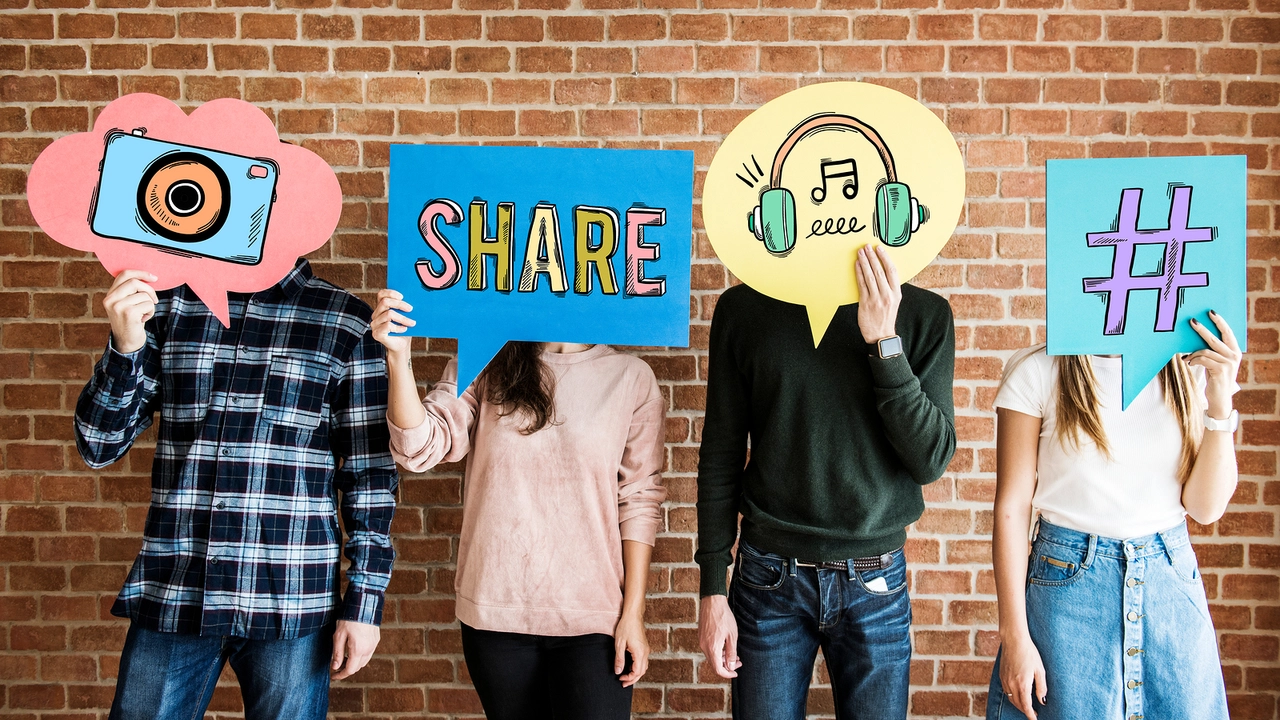Social Media Ethics: What It Means and How to Practice It
Social media is a huge part of everyday life, but most people don’t think about the ethics behind every post, like, or share. When you understand the basics, you can avoid causing harm and keep the digital world a bit healthier. Below are easy ideas you can start using right now.
Why Ethics Matter on Social Platforms
Every comment you leave can shape how others feel. Bad jokes, false news, or overly personal data can spread quickly and hurt people you might never meet. Ethical habits also protect you from backlash, legal trouble, or losing followers. In short, treating your online actions like real‑world interactions keeps the community trustworthy.
Simple Steps to Practice Ethical Behavior
1. Check the source. Before you share an article or meme, look at where it came from. A quick search can tell you if the site is reputable or if the story has been debunked.
2. Respect privacy. Don’t post photos of friends or family without asking. If a conversation is private, keep it that way. Remember, once something is online, you can’t fully erase it.
3. Think before you react. Anger often leads to hurtful comments. Take a breath, consider if your reply adds value, and then decide whether to post or let it go.
4. Give credit. If you use someone’s image, quote, or idea, mention them. Tagging the creator or linking back shows respect and avoids plagiarism.
5. Report harmful content. Platforms have tools to flag hate speech, misinformation, or harassment. Using those tools helps keep the space safer for everyone.
Applying these habits doesn’t take much time, but the impact adds up. You’ll notice fewer awkward moments and more genuine connections.
Another practical tip is to set clear boundaries for yourself. Decide how much personal info you’re comfortable sharing and stick to it. This protects you from identity theft and reduces the chances of being targeted by scammers.
Finally, stay curious. New features, algorithms, and policies appear all the time. Follow reliable tech blogs or join forums where people discuss the latest ethical challenges. Keeping informed helps you adapt quickly and stay responsible.
By treating social media with the same care you’d give a real‑world conversation, you become part of a healthier online community. Start with one or two of the steps above, and watch how your feed—and the people around you—benefit from a more thoughtful approach.
